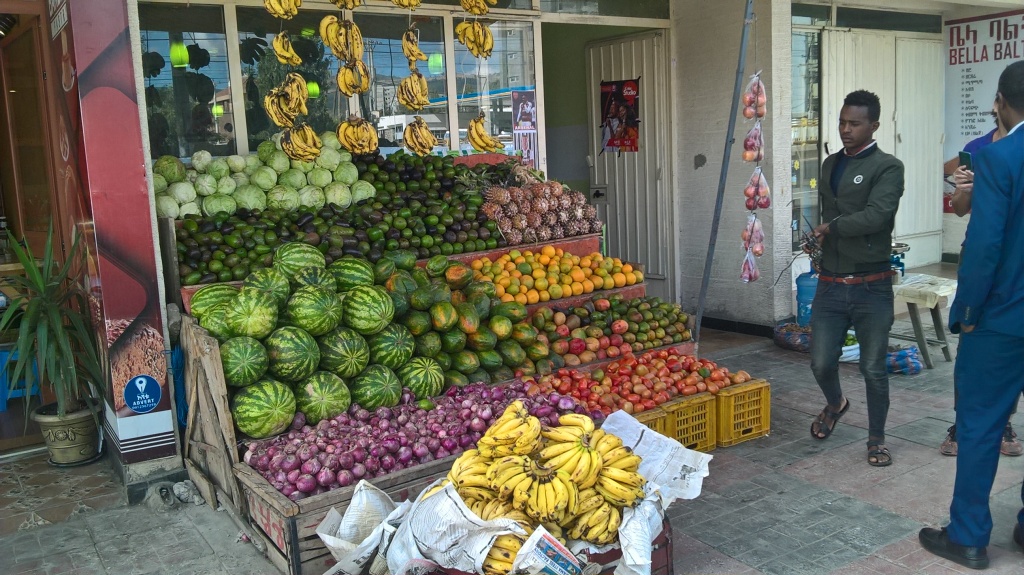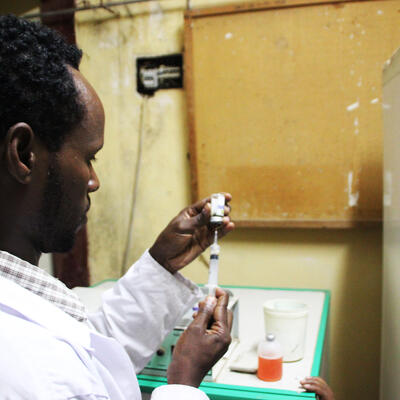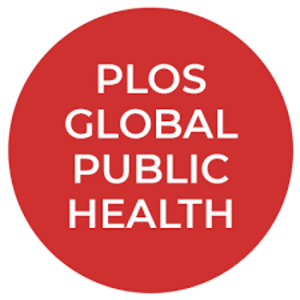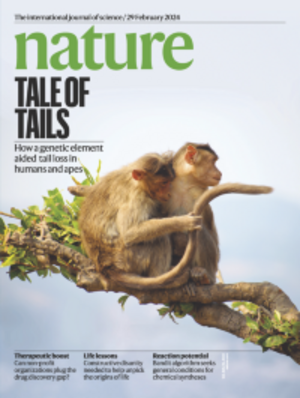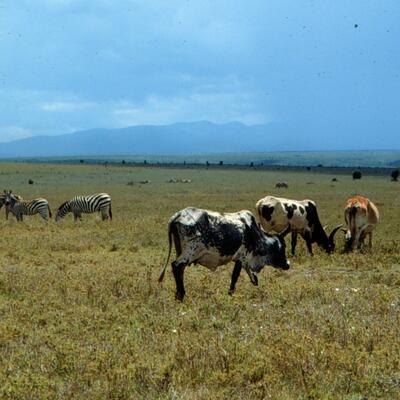
New report examines the impacts of COVID-19 control measures on food safety in East Africa
Following the global outbreak of the coronavirus disease (COVID-19), measures to contain its spread have affected several aspects of the food value chain, including safety. Although COVID-19 is not transmitted through food, poor hygiene and sanitation can enhance its spread.
Scientists from the International Livestock Research Institute (ILRI) recently led a study to examine the impacts of COVID-19 mitigation measures on food safety in East Africa.
Data were collected in November and December 2020 through telephone and online interviews with 25 food safety experts based in East Africa who had previously worked with ILRI scientists on food safety projects.
The study found that the COVID-19 pandemic and subsequent control measures, including restriction of movement and dusk-to-dawn curfews, disrupted various food supply chains.
In East Africa, the livestock value chain was most affected, with supplies of meat, dairy and poultry products being disrupted. Also affected were supply chains for fruits, vegetables and fish. The cereals value chain was perceived to be the least affected.
With regard to regulation, market surveillance programs for food safety were disrupted. In addition, concerns were noted on the safety of bulk-purchased food, for example, the risk of aflatoxins or the expiry of food products.
In general, the study observed that the COVID-19 pandemic has significantly impacted food systems in East Africa in terms of access to and safety of food products.
The authors therefore recommend that interventions to address future pandemics consider the possible negative impacts of disease mitigation measures; a One Health approach would facilitate this.
Citation
Mutua, F., Kang’ethe, E. and Grace, D. 2021. The COVID-19 pandemic and its implications for food safety in East Africa. ILRI Discussion Paper 40. Nairobi, Kenya: ILRI.
Photo credit: Fruit and vegetable on sale in Addis Ababa, Ethiopia (ILRI/Geraldine Klarenberg)






